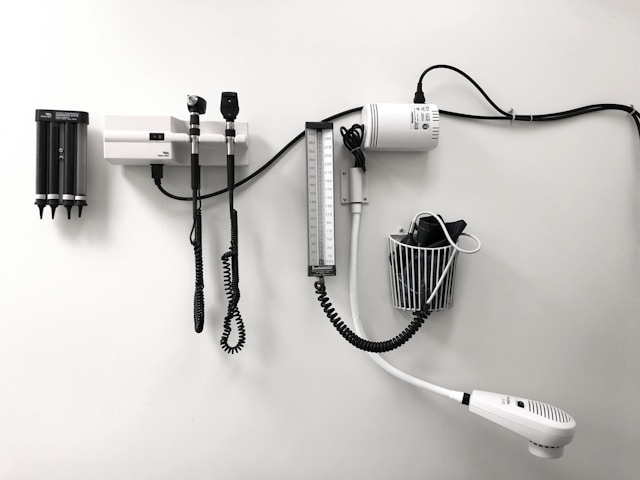Physician Assistants In Oregon Have a New Title
Physician assistants in Oregon have successfully advocated for a rebranding, choosing to be called physician associates instead. This shift, effective from June, marks a significant milestone as Oregon becomes the first state to permit PAs to adopt this title officially. The move is driven by the desire for recognition amidst a growing physician shortage. While the change won’t affect their pay, it aims to clarify their professional status and role in healthcare. However, critics argue that it may create confusion among patients and blur distinctions between different healthcare providers. Nonetheless, the evolution of titles and roles in healthcare reflects broader trends, with projections suggesting that advanced practice providers like PAs will outnumber primary care physicians by 2031.
What do Physician Assistants Do?
Physician assistants (PAs) are healthcare professionals who practice medicine under the supervision of licensed physicians. They are trained to perform a wide range of medical tasks, including conducting physical examinations, diagnosing and treating illnesses, ordering and interpreting diagnostic tests, assisting in surgeries, prescribing medications, and providing patient education and counseling. PAs work in various healthcare settings, such as hospitals, clinics, and primary care practices, and collaborate closely with physicians and other members of the healthcare team to deliver comprehensive patient care. Their role bridges the gap between nursing and medicine, allowing them to contribute significantly to patient management and healthcare delivery.
There is currently an abundance of excellent opportunities for physician assistants (PAs) across various healthcare settings, making it an exciting time to pursue a career in this field. As the demand for healthcare services continues to rise, so does the need for skilled and knowledgeable PAs to provide quality patient care. The job outlook for physician assistants is highly promising, with a projected growth rate of 27% from 2022 to 2032, significantly exceeding the average for all occupations.
Hospitals, clinics, physician practices, urgent care centers, and specialty clinics all offer diverse opportunities for PAs to contribute their expertise. Additionally, advancements in telemedicine and digital healthcare platforms have created new avenues for PAs to engage with patients remotely, further expanding their scope of practice. Moreover, the increasing recognition of PAs as vital members of the healthcare team has led to greater autonomy and responsibility in their roles.
2024 Locum Tenens and Permanent Job Board for Physician Assistants
With competitive salaries, flexible work schedules, and opportunities for career advancement, the landscape for PAs is filled with possibilities for professional growth and fulfillment. Whether one is interested in primary care, emergency medicine, surgery, or a specialized area of medicine, there are countless pathways available for PAs to thrive and make a meaningful impact in the healthcare field. Search permanent and Locum Tenens jobs now at momentumhcs.com/jobs
Sources:
Axios.com
bls.gov
journalofethics.ama-assn.org
Openai.com























Recent Comments